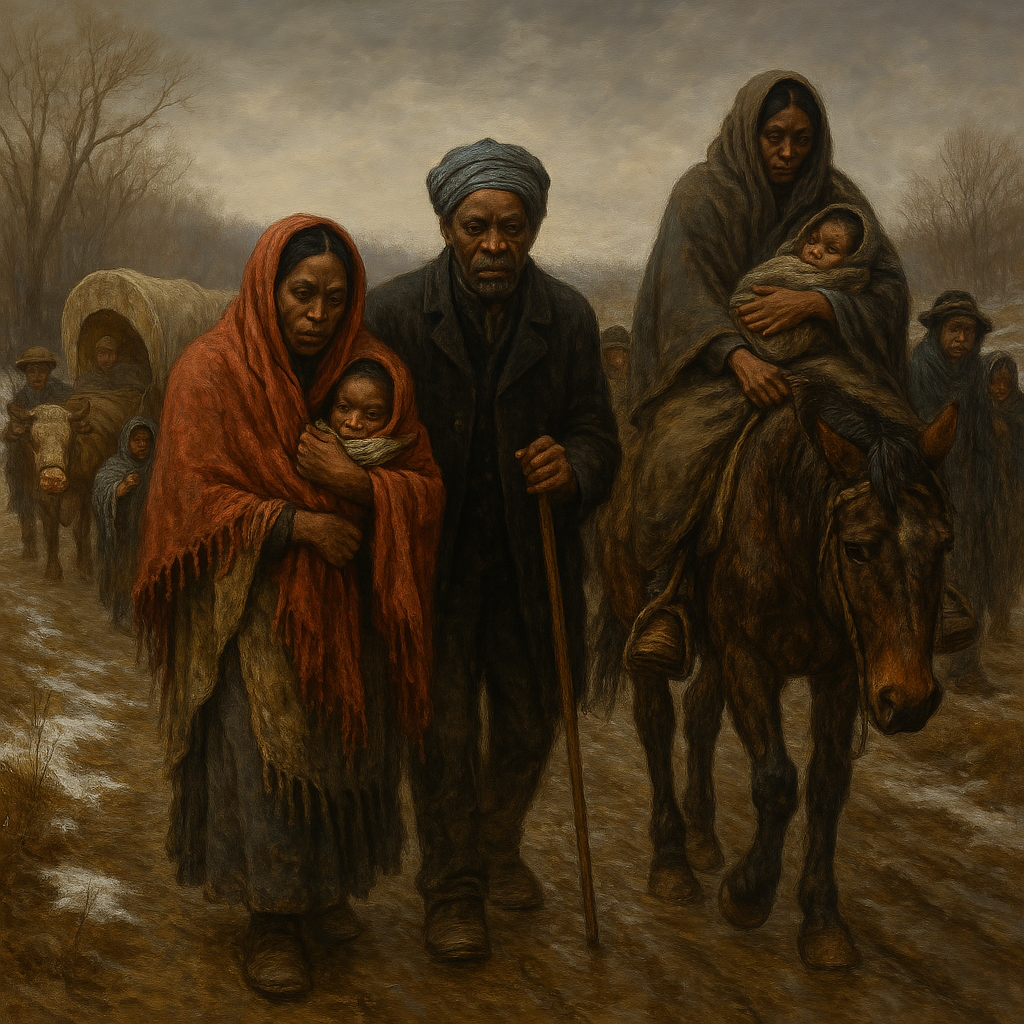
History
The story of the Creek Freedmen spans centuries, from the early interactions between African Americans and Native American tribes to the present-day fight for tribal recognition.
Pre-Removal Era: African Americans lived among the Creek Nation as both free individuals and enslaved people. Intermarriage and cultural blending were common.
Removal & Trail of Tears: In the 1830s, the Creek Nation, along with its enslaved population, was forcibly relocated to Indian Territory (present-day Oklahoma).
Post-Civil War & Treaty of 1866: The U.S. government required the Creek Nation to emancipate their slaves and grant them full tribal citizenship.
Dawes Rolls (1898-1914): Freedmen were recorded separately from “Creek by Blood” citizens, a classification that would later be used to deny their descendants tribal membership.
Modern Struggles: Throughout the 20th and 21st centuries, Creek Freedmen have fought to reclaim their place within the Muscogee Nation.

About Us
A Brief History of the Black Creek Freedmen
The Black Creek Freedmen are descendants of African Americans who were enslaved by members of the Muscogee (Creek) Nation, one of the Five Civilized Tribes of the Southeastern United States. These individuals formed a unique cultural and historical community through a blend of African and Native American heritage, shaped by centuries of struggle, resilience, and survival.
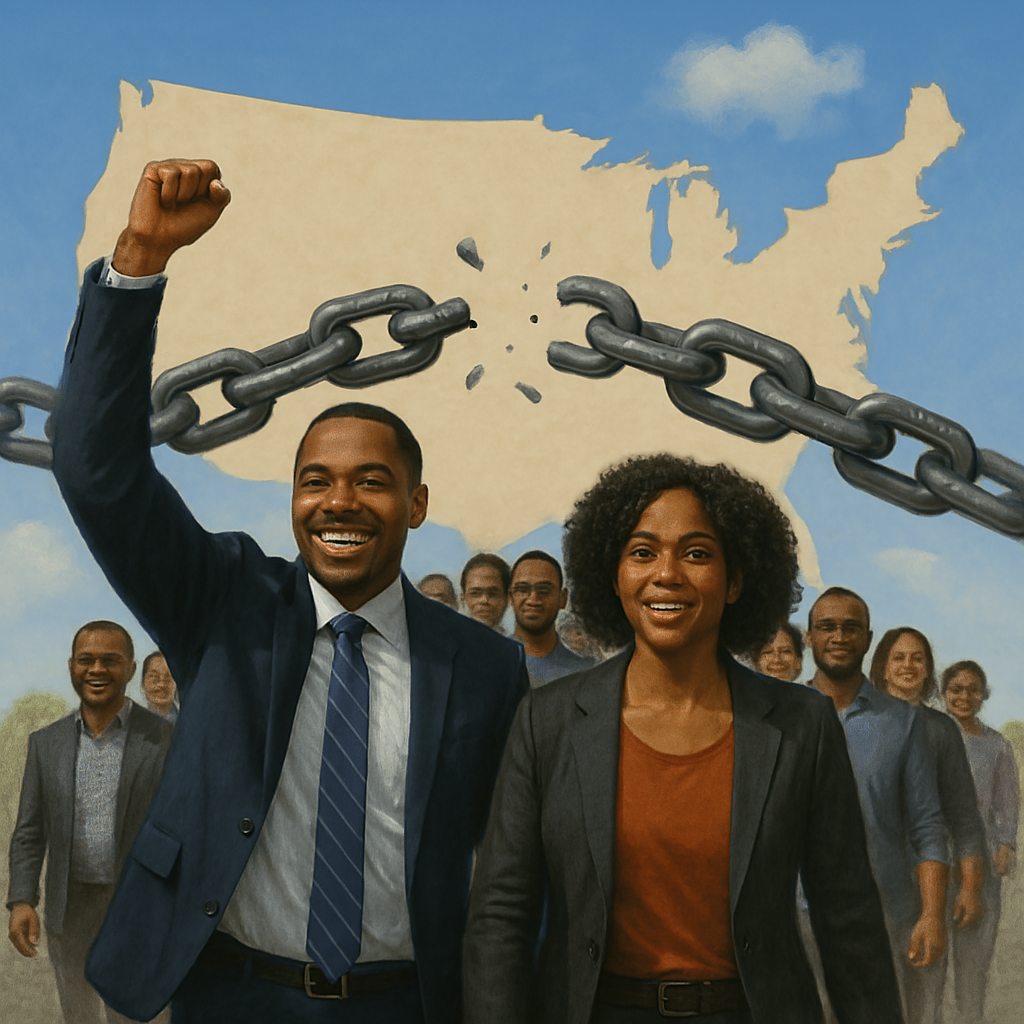
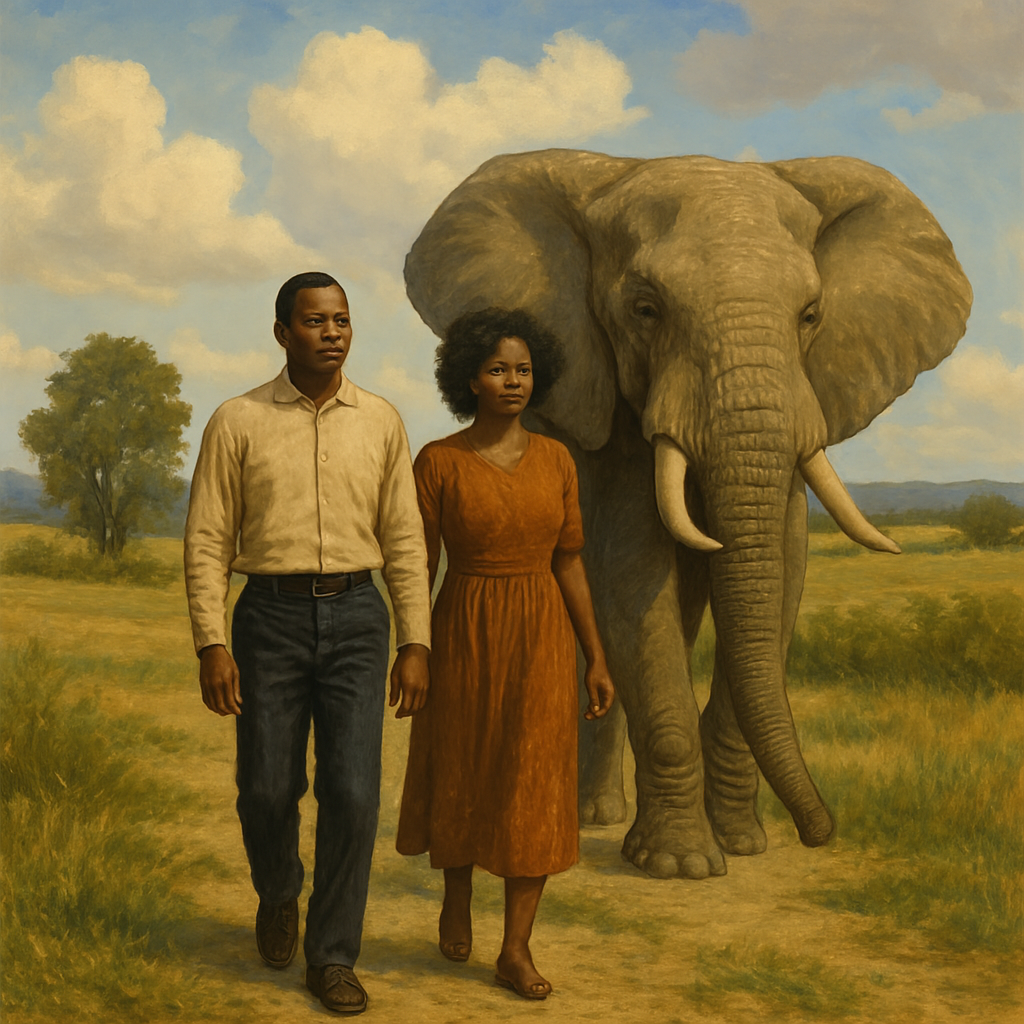
Our services
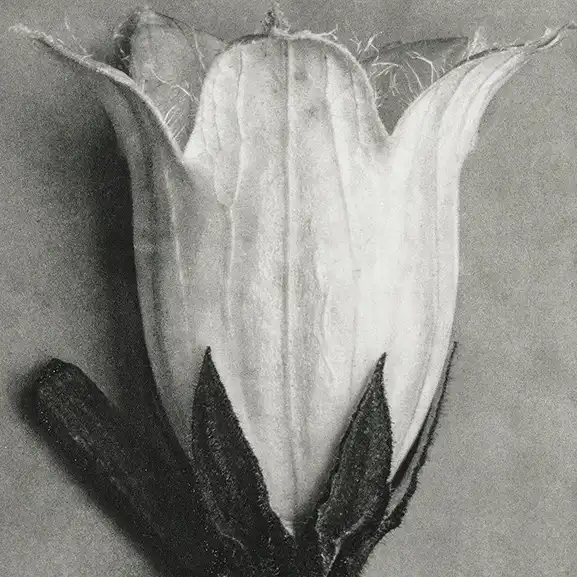
Beginning
In the 19th century, the Creek Nation—like other Native tribes—practiced chattel slavery. Enslaved Africans lived among the Creeks, adopted the language, and often participated in tribal life. During the forced removal known as the Trail of Tears (1830s), both Creek citizens and their enslaved Black people were forcibly relocated from their homelands in the Southeastern U.S. to what is now Oklahoma.
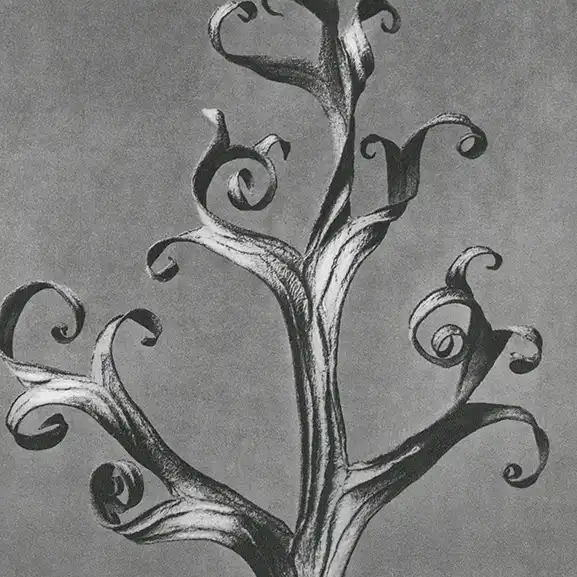
Assemble
After the Civil War, the U.S. government required the Creek Nation to emancipate their slaves and grant them full tribal citizenship through the 1866 Treaty. These emancipated individuals and their descendants became known as the Creek Freedmen.
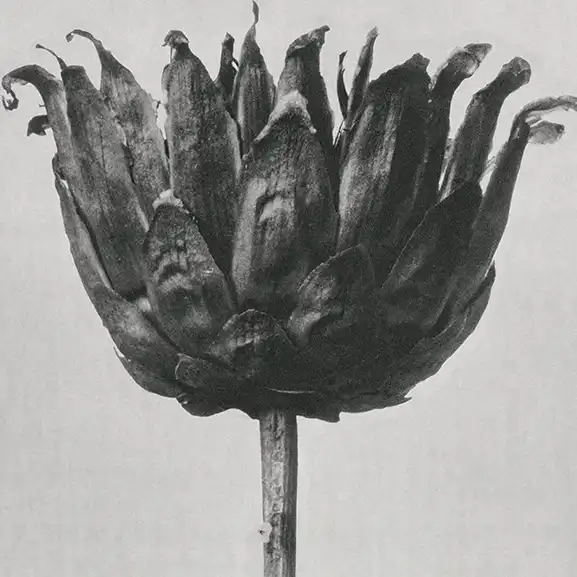
Deliver
Despite their treaty-guaranteed rights, Creek Freedmen have faced ongoing discrimination and exclusion from tribal rolls and benefits. In recent years, Freedmen descendants have continued to fight for recognition, justice, and the restoration of their rightful place within the Creek Nation.
Designed with WordPress